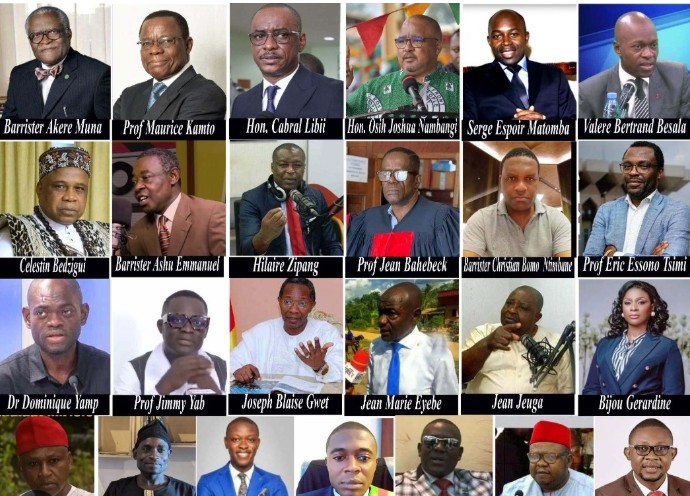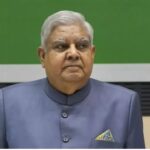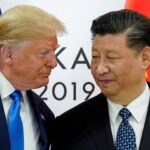Incumbent President Paul Biya, 92, among dozens vying for power amid rising calls for change and political fragmentation
Cameroon has witnessed a record-breaking 81 presidential hopefuls file applications for the country’s upcoming October 2025 presidential election, setting the stage for one of the most crowded races in the nation’s history. The deadline for candidacy submissions closed at midnight on Sunday, according to the Elections Cameroon (ELECAM) body.
The unprecedented number of contenders reflects a rising demand for political transformation, citizen engagement, and what observers describe as a deepening fragmentation of opposition forces. While the political field remains heavily male-dominated, seven women have officially entered the race more than in any previous election cycle in the Central African nation.
Among the candidates is President Paul Biya, 92 years old, who is seeking yet another term after more than four decades in power. Biya’s decision to run again has drawn criticism from both domestic and international observers concerned about his age, health, and democratic legitimacy.
A Political Milestone or a Crowded Challenge?
Analysts say the record number of aspirants underscores both the vibrancy and volatility of Cameroon’s political atmosphere. While the breadth of participation is being praised as a positive sign of civic engagement, critics warn that such fragmentation may dilute the opposition vote, inadvertently strengthening Biya’s hold on power.
“It’s a double-edged sword,” said political analyst Dr. Jean-Marie Ewane. “A surge in candidates shows democratic energy, but without coalition-building, it risks reinforcing the status quo.”
The Road Ahead
The electoral commission will now begin the screening and validation process to ensure all candidates meet legal and constitutional requirements, including citizenship, age, residency, and financial disclosures. The final list of approved candidates must be published no later than 60 days before the election, per Cameroonian electoral law.
Observers from the African Union and international organizations are expected to monitor both the pre-election environment and the conduct of the polls themselves. Security will also be a concern, especially in Cameroon’s Anglophone regions, where separatist tensions persist.
Cameroon’s last presidential election in 2018 was marred by low turnout in conflict zones and opposition claims of irregularities. Calls for electoral reform and independent oversight have grown louder in the lead-up to the 2025 vote.
As the country heads toward the polls, many Cameroonians are watching closely to see whether this election will mark a turning point for democracy, or simply a continuation of entrenched political patterns.



